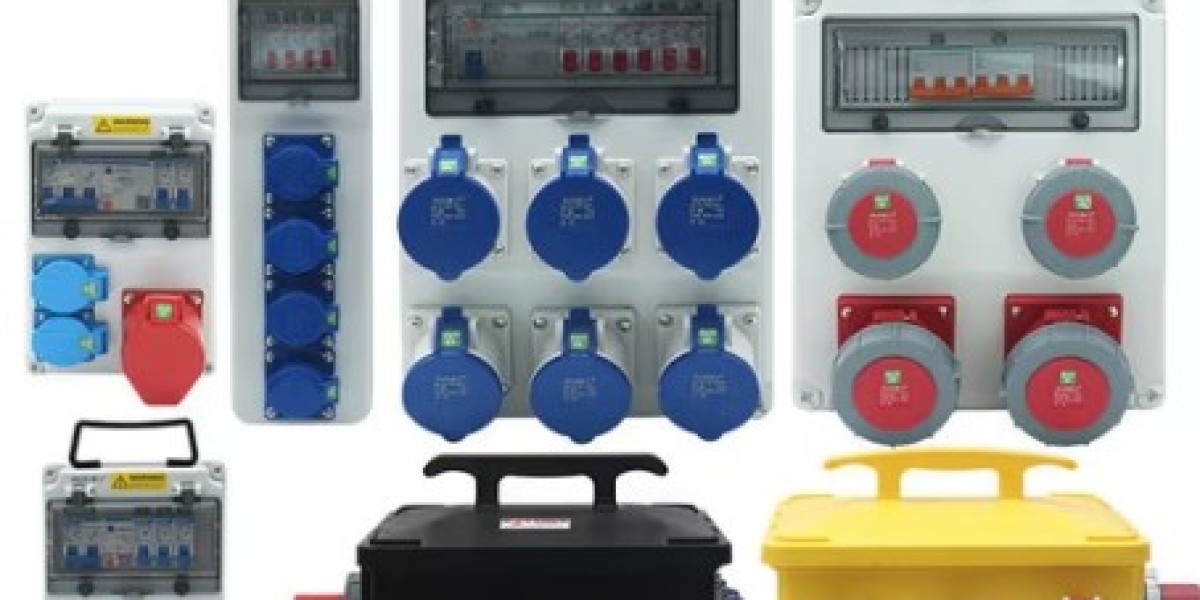In an era defined by rapid technological shifts and unpredictable supply chains, industries demand infrastructure that evolves alongside their needs. Central to this transformation is the industrial socket box —a component once seen as static but now reimagined through modularity. By enabling seamless customization and upgrades, these systems are becoming indispensable in factories, energy plants, and construction sites where adaptability is non-negotiable.
Meeting the Demands of Sustainable Manufacturing
As governments and corporations prioritize circular economy principles, traditional “one-size-fits-all” electrical systems fall short. Modular industrial socket boxes address this gap by using standardized, reusable components that reduce waste. For instance, worn-out modules can be replaced without discarding the entire unit, aligning with global sustainability targets. This approach not only minimizes resource consumption but also lowers long-term operational costs—a critical advantage for industries navigating carbon taxation and eco-conscious consumer expectations.
Resilience in the Face of Supply Chain Volatility
Recent geopolitical tensions and material shortages have exposed vulnerabilities in industrial supply chains. Modular designs mitigate these risks by allowing facilities to interchange parts from different suppliers. If a specific component becomes unavailable, alternative modules can be integrated without halting production. This flexibility ensures continuity in critical sectors like automotive manufacturing and renewable energy, where downtime translates to significant financial losses.
Integration with Industry 4.0 and Smart Factories
The Fourth Industrial Revolution hinges on interconnected systems that communicate and adapt autonomously. Modern industrial socket boxes support this vision through compatibility with IoT sensors and smart grids. For example, modules equipped with real-time load monitoring can automatically reroute power during peak demand, preventing overloads. Such innovations empower factories to optimize energy use while maintaining compliance with safety protocols in hazardous environments.
Customization for Diverse Operational Needs
From offshore wind farms to underground mining operations, industrial settings vary drastically in their requirements. Modular socket boxes allow site managers to tailor configurations for specific challenges—whether corrosion resistance for coastal installations or explosion-proofing for chemical plants. This versatility eliminates the need for bespoke solutions, accelerating deployment timelines and reducing upfront investments.
Preparing for the Future of Work
With skilled labor shortages plaguing industries like construction and utilities, modular systems simplify training and maintenance. Intuitive, tool-free assembly processes enable workers to replace or upgrade modules quickly, even in remote locations. This democratization of technical tasks ensures that facilities remain operational despite workforce gaps, fostering productivity in an increasingly competitive landscape.
Why Choose Nante?
At the forefront of this modular revolution is Nante, a leader in engineering solutions that prioritize safety, efficiency, and scalability. By combining decades of expertise with forward-thinking design, Nante’s industrial socket boxes empower industries to stay agile in a world of constant change. Explore how these innovations can future-proof your operations at www.nante.com.



